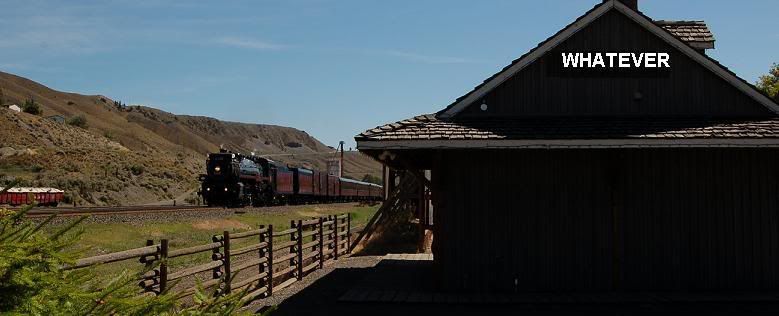// Sunday, Bloody Sunday
I've had numerous conversations before of people criticizing U2 for naming one of their songs Sunday Bloody Sunday. They think its a insult to the church or Christ and blah blah blah. Well, for all those who don't know, Sunday, Bloody Sunday has nothing to do with the church, so back off! In fact, its time for a little history lesson.
On Sunday January 30, 1972, in an incident since known as Bloody Sunday, 13 Irish Civil Rights protestors were shot by the British Parachute Regiment after a Northern Ireland Civil Rights Association march in the Bogside area of the city of Derry, Northern Ireland. Fourteen died, six of whom were minors. Many witnesses, including bystanders and journalists, testify that those shot at were all unarmed. Five of those wounded were shot in the back.
Two inquiries have been held by the British Government. The Widgery Tribunal in the immediate aftermath of the day largely cleared the soldiers and British authorities of blame, but was criticized as a "whitewash" by many. The Saville Inquiry, established in 1998 to look at the events again (chaired by Lord Saville of Newdigate), has yet to report. The cost of this process has drawn criticism.
The Provisional Irish Republican Army's (IRA) campaign against Northern Ireland being a part of the United Kingdom had begun three years prior to Bloody Sunday, but perceptions of the day boosted the status of and recruitment into the organisation. Bloody Sunday remains among the most significant events in the recent troubles of Northern Ireland, arguably because it was carried out by the army and not paramilitaries.
The incident has been commemorated by U2 in their 1983 protest song "Sunday, Bloody Sunday". The song begins by expressing the anger of the singer at the events, before evolving into a call for all Christians, both Catholic and Protestant, in Northern Ireland to abandon sectarianism and fight to achieve a genuinely Christian society through Jesus Christ's victory over death in the resurrection on Easter Sunday ("to claim the victory Jesus won on a Sunday, Bloody Sunday").
In the popular live recording from the Under a Blood Red Sky concert album, Bono clearly states in the introduction that "Sunday Bloody Sunday" is "not a rebel song," wary lest the song be misrepresented as supporting physical force Irish republican movements. In the version from their 1988 concert film Rattle and Hum, Bono led the audience in a chant of "No more!" and used the song as a platform to denounce some Irish-Americans that he believed knew little about the real complexities of the Northern Ireland conflict yet funded the paramilitary republican movement and "the glory of dying for the revolution."
So there we go! U2 Rocks!








0 Comments:
Post a Comment
<< Home